ChatGPT in 2023: Pioneering a New Era of Artificial Intelligence
-
On December 16, The Verge reported based on internal documents and Lark (Feishu) chat records that ByteDance had secretly used OpenAI's models to output text for training its own large language model.
Even after discontinuing the use of GPT-generated text, the project codenamed Project Seed continued to frequently use OpenAI APIs on Azure (Microsoft) to evaluate its own large model at various stages.
This directly violates OpenAI and Microsoft's terms of service. After the incident was exposed, OpenAI quickly suspended ByteDance's account, and Microsoft also reiterated the policy of Azure OpenAI service in a statement.
But ByteDance's story is not an isolated case. Countless small companies have chosen to take legal risks by using OpenAI GPT model outputs when training their own large models and building products. On the one hand, there are of course legal imperfections, the fervent pursuit of profits, and the desire for shortcuts, etc., but on the other hand, it also lies in:
ChatGPT,证明了 OpenAI GPT-3.5/4 大模型的绝对领先。
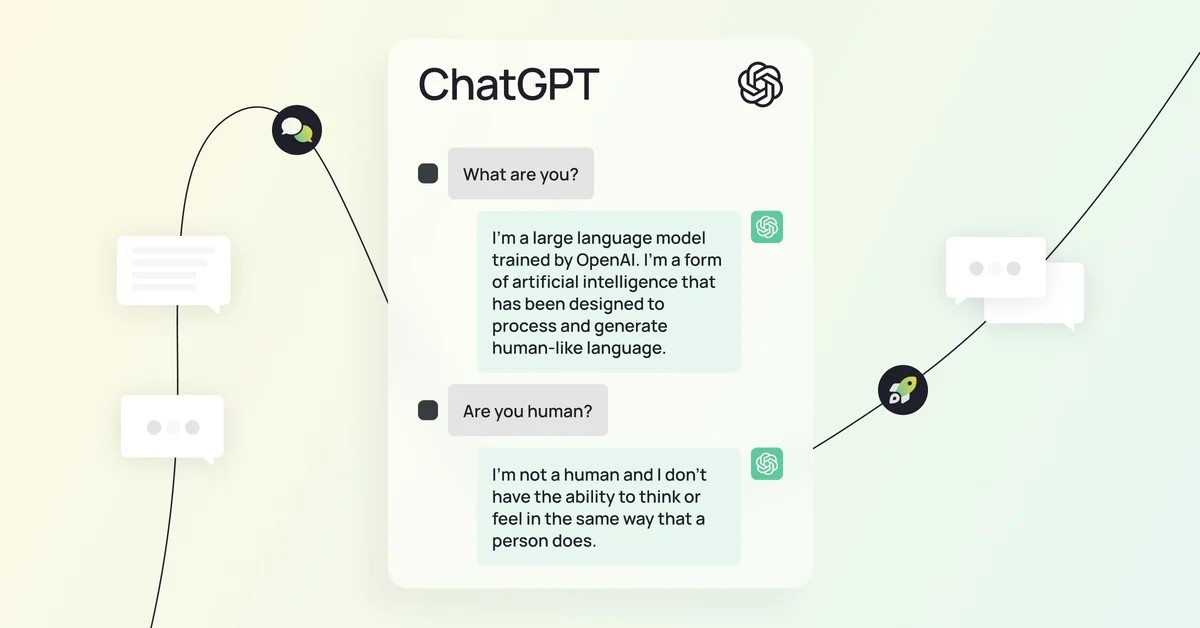
In 2023, no product's influence could compare to ChatGPT.
On November 30, 2022, OpenAI made ChatGPT available to the public. People could ask it questions, and the chatbot would respond in a conversational manner, feeling more like talking to another person than an artificial intelligence system. It didn't take long for ChatGPT to become wildly popular.
According to Greg Brockman, then CEO of OpenAI, ChatGPT surpassed 1 million users within just five days of its launch. But even the most optimistic individuals might not have anticipated the even greater storm ChatGPT would create in 2023.
Two months later, in January 2023, a study by UBS estimated ChatGPT's monthly active users at approximately 100 million. By October, according to Similar Web's analysis, ChatGPT attracted around 1.7 billion visits globally.
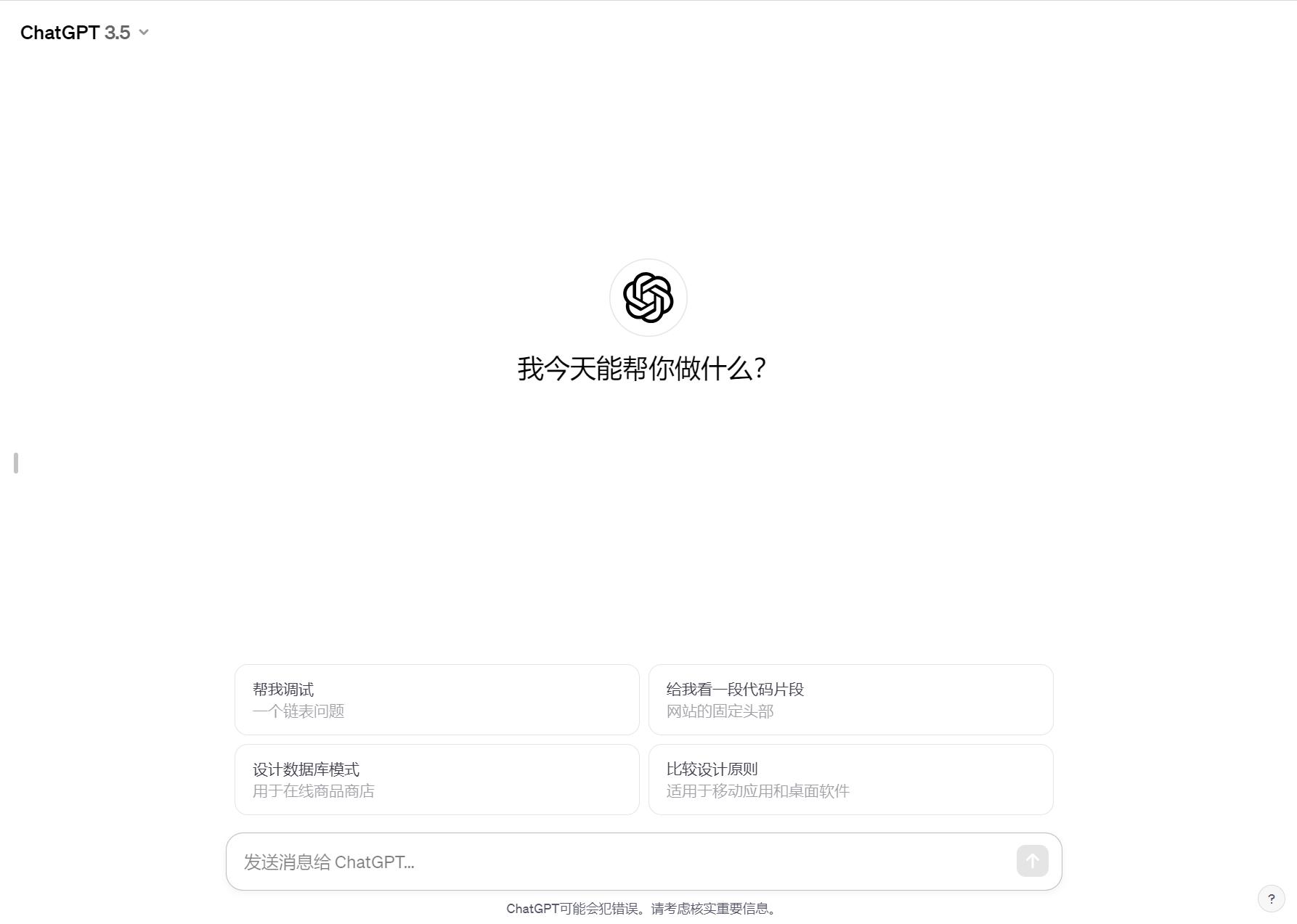
Image: ChatGPT homepage, Source/OpenAI
In this remarkably short timeframe, ChatGPT has directly stimulated an artificial intelligence arms race among global technology companies, sparking successive battles over Nvidia's high-end GPUs, top-tier AI talent, and large language models.
By the end of 2023, the AI revolution sparked by ChatGPT remains fervent, continuously reshaping human interaction with and perception of artificial intelligence.
Meanwhile, ChatGPT's own evolutionary journey has, to a significant extent, directly mirrored the advancement of the entire AI industry. Just a year ago, ChatGPT only had a free version based on GPT-3.5, capable solely of receiving and outputting text, with a knowledge base cut off at September 2021 and lacking plugin systems or internet connectivity capabilities.
At the beginning of 2023, ChatGPT faced a significant challenge and test:
ChatGPT became the fastest-growing internet product in history. However, the surge in users led to increased usage and computational shortages, causing a decline in response speed and severely impacting the user experience. Additionally, the enormous computational costs were far beyond what OpenAI—a startup founded in 2016—could bear.
Until February 2023, OpenAI announced the launch of the pilot subscription plan for ChatGPT Plus, priced at $20 per month. The value-added services provided by ChatGPT Plus include: priority access during peak hours, faster responses, and early access to new features and improvements.
Fairly speaking, initially, there was considerable controversy over the pricing of ChatGPT Plus. The value of the first two benefits was immediately apparent, but the latter seemed more like a "promissory note." However, by March, when OpenAI officially released the GPT-4 large model and announced that ChatGPT Plus users would be the first to gain access, all doubts essentially dissipated.
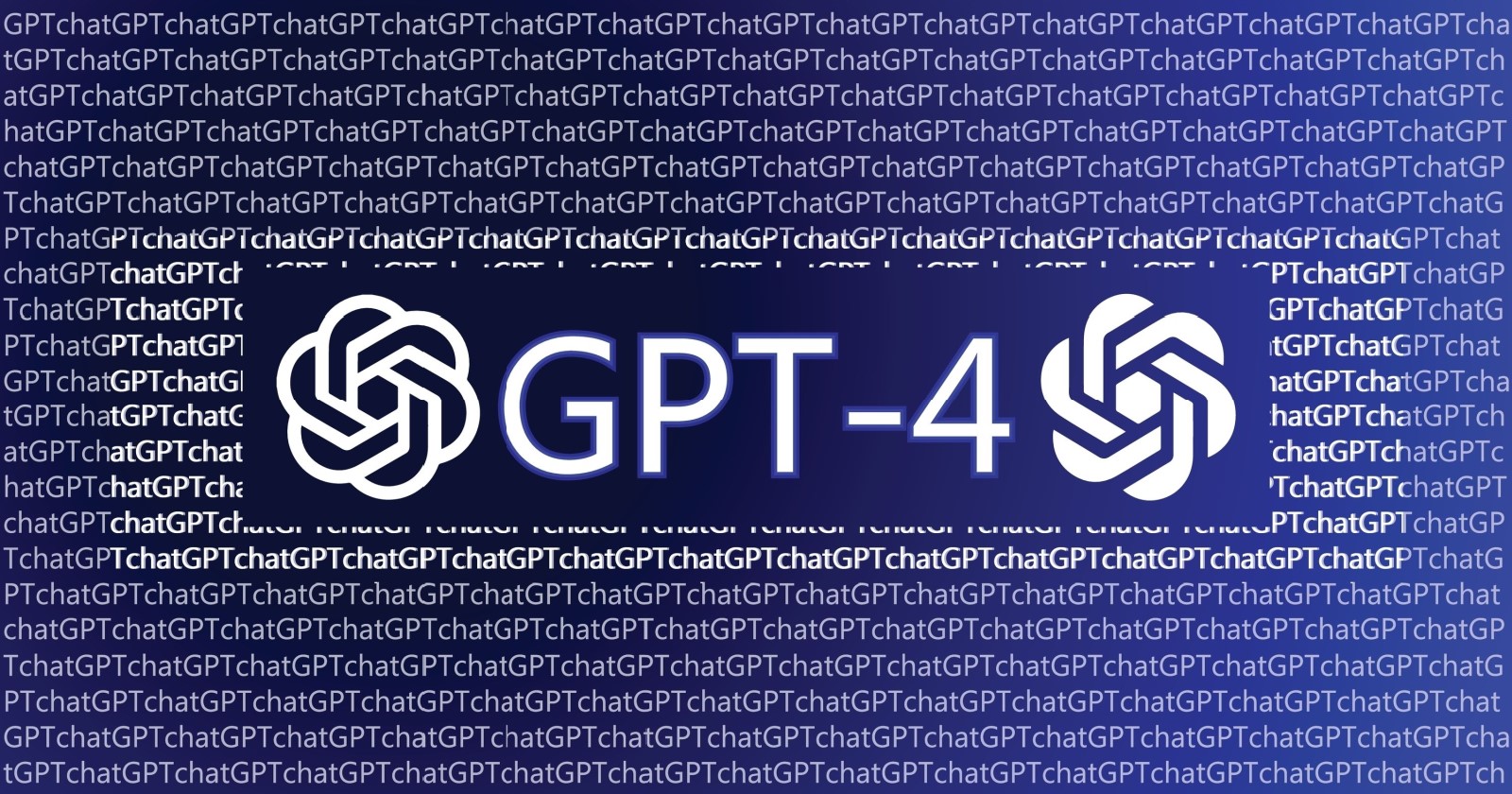
The emergence of ChatGPT Plus has, to some extent, established a business model for generative AI targeting the mass market. Subsequently, including Baidu's Wenxin Yiyan, similar membership subscription services were also launched based on the release of the Wenxin Large Model 4.0.
Following this, OpenAI introduced a plugin system for ChatGPT, enabling the integration of various internet services into ChatGPT. This allows users to directly access scattered services across the internet through ChatGPT, even including the earliest web browsing capabilities.
To some extent, the plugin system has given ChatGPT more of a centralized platform concept and potential, which is why many people and media initially proposed the idea of an 'AI operating system'.
In addition, OpenAI has rolled out multiple updates for ChatGPT over the past year, including the launch of mobile apps, multimodal capabilities for voice and images, large-scale updates to the knowledge base, and the official integration of web browsing functionality. Among these, the most indicative of OpenAI's ambitions might be:
GPTs Plan.
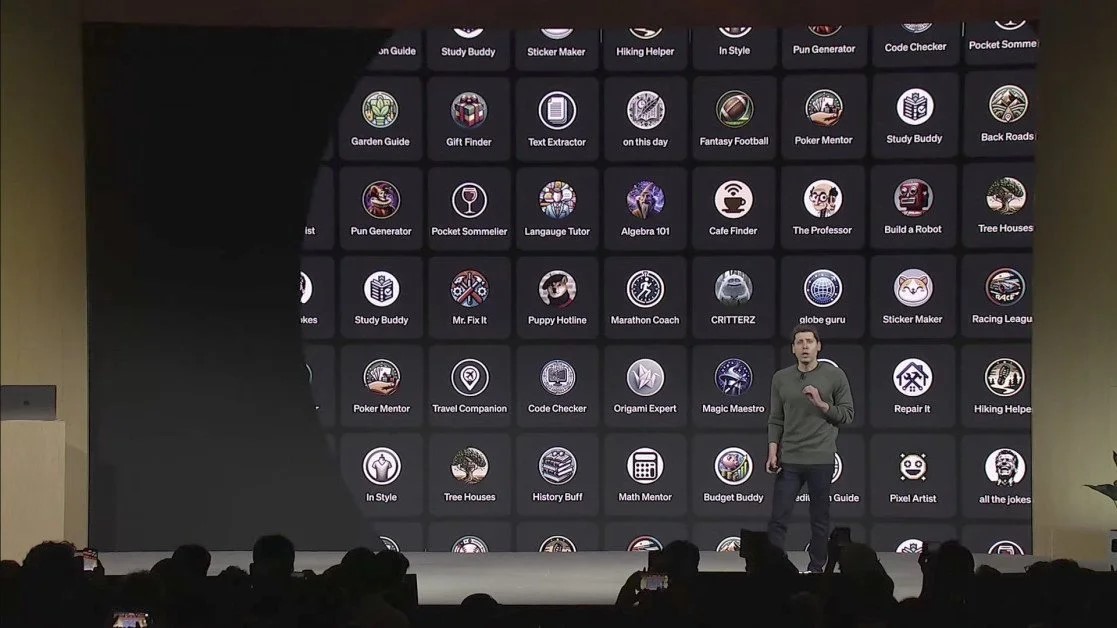
A little over a month ago, in early November, OpenAI officially announced the GPTs program at its Developer Day. ChatGPT Plus users can now train their own custom 'ChatGPT' chatbots based on GPT-4 using data they own or find.
For instance, on platforms like YouTube and X (Twitter), some users have developed dedicated work assistant 'ChatGPTs' using all their work-related documents; others have trained 'ChatGPTs' with years of accumulated professional knowledge and insights to offer specialized consulting services; while some leverage unique proprietary data to create 'ChatGPTs' with distinct knowledge repositories.
In fact, according to OpenAI's official 'blueprint,' they will soon launch a GPTs store, allowing users to list their trained bots for other users to access for a fee, thereby establishing a new business model.
Many people directly compare the emergence of the GPTs Store to the launch of the App Store, even suggesting that due to the lower 'development' threshold, GPTs will spark broader entrepreneurial opportunities than the mobile internet era's app startups.
Even OpenAI itself underwent changes in 2023, including the recent leadership reshuffle.
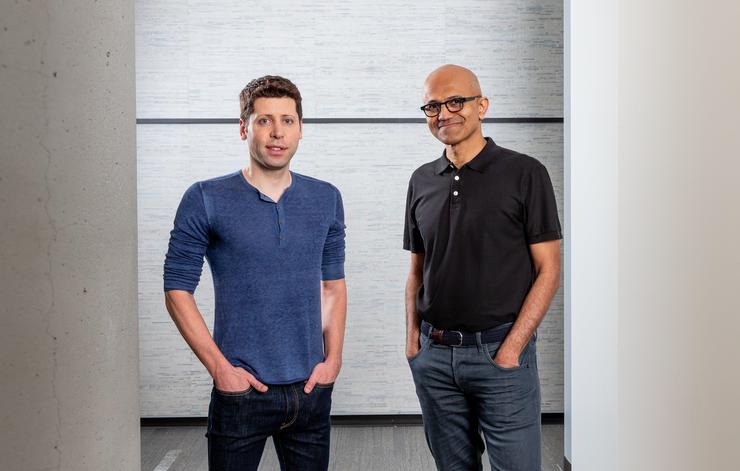

On November 17, OpenAI's board announced the removal of CEO Sam Altman. The news immediately caused industry shockwaves, with hundreds of OpenAI employees jointly signing a letter threatening to resign and join Microsoft to continue working with Altman. However, less than a week later, OpenAI reinstated Altman as CEO.
Not only that, as one of the outcomes of Altman's return to OpenAI, Microsoft, which had previously invested up to $13 billion in OpenAI, also obtained a non-voting board seat.
Since its first proposal at the 1956 Dartmouth Conference, the term 'artificial intelligence' has existed in human language for nearly 70 years, but never before has it been mentioned as frequently as in 2023, in conversations among countless scholars, technical experts, and the general public.
Everything starts with ChatGPT, just as NVIDIA's founder and CEO Jensen Huang regards the emergence of ChatGPT as the 'iPhone moment' of artificial intelligence.
Since OpenAI launched ChatGPT, competitors have been emerging.
In February of this year, Google announced its AI chatbot Bard, powered by its proprietary large language model and integrated into other Google services and tools such as Gmail, Docs, and YouTube Studio. In March, Baidu took the lead in China by releasing its chatbot "Wenxin Yiyan" based on the Wenxin large model. Subsequently, the battle of hundreds and thousands of models began, with countless large models and AI chatbots emerging one after another.
However, to this day, ChatGPT remains the uncrowned king in the field of generative AI. From answer quality to product experience, and even ecosystem building, OpenAI has consistently stayed ahead of the curve at every step.

